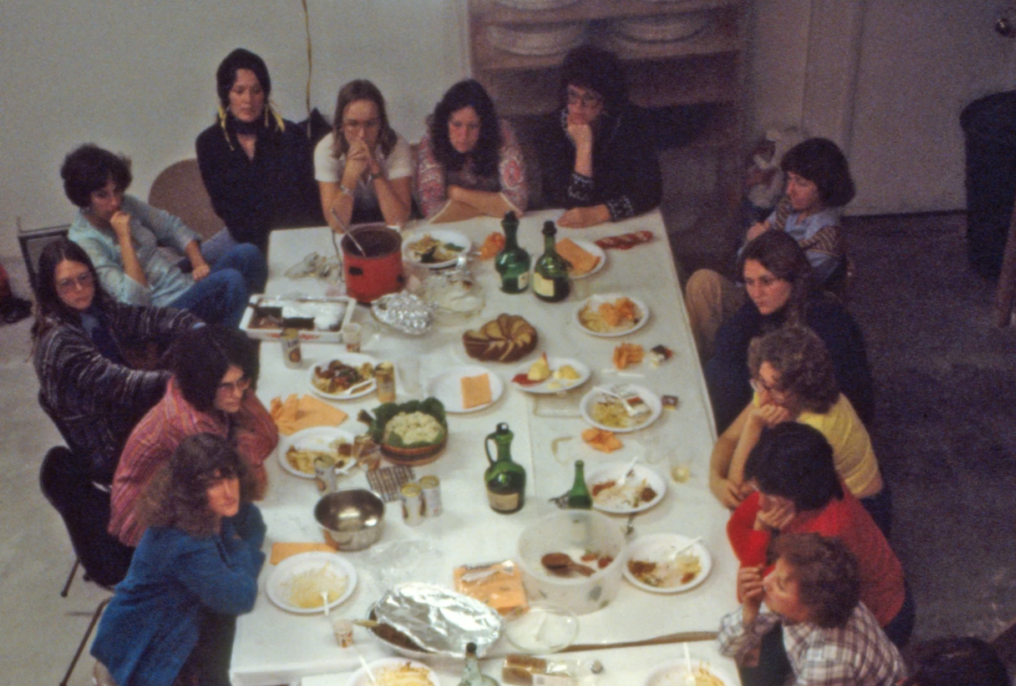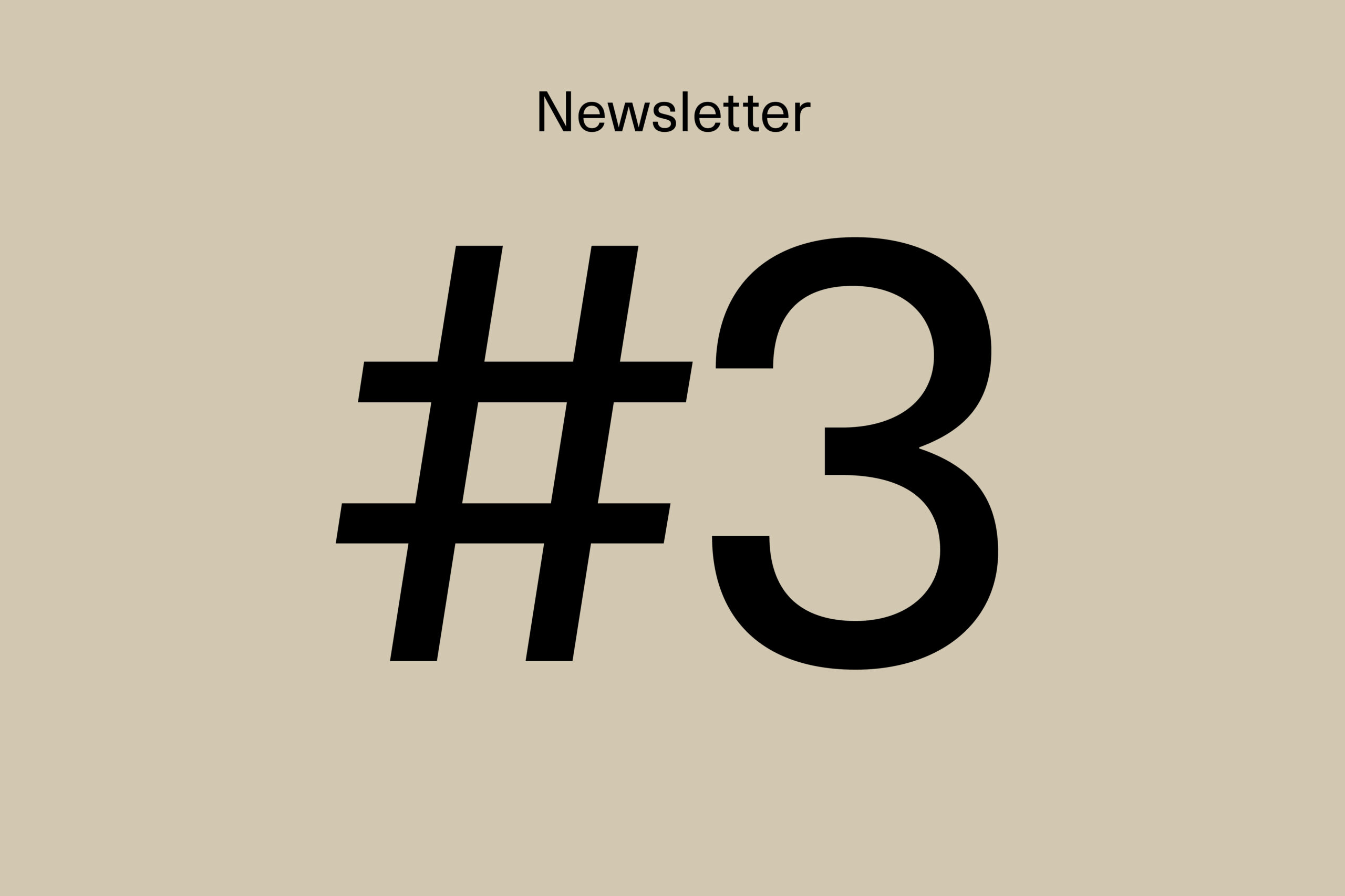Online talk: Lito Kattou, Helen Hester, McKenzie Wark & Emma Holten
-
Name:
-
Date:
-
Format:
Video
In the last month of 2020, one of the oddest and most challenging years in a long time, the artist Lito Kattou and the feminist scholar Helen Hester had a digital exchange about the nature of caring, hospitality and solidarity in political movements and art.
The Coronavirus pandemic has shown that what felt for the privileged and well-off like universal, global difficulty in a boring, isolated lockdown, for others was literally a fight for life and death. This was terribly crystallized in the video of some of the world’s most recognizable celebrities singing John Lennon’s Imagine, weaving a completely false idea of solidarity: they were demanding everybody feel grateful, moved even, that for once, our fates were somewhat intertwined with their grotesque lives of luxury. What an honour.
This is not a new theme. For centuries, the idea of who gets to be “human”, treated as such, and thus invite others into this select group, has been at the core of political struggle. White feminists have long recognised that “women”, were excluded from humanity and fought for their inclusion, but have often failed to recognise how some people who belonged to the group “women” were still struggling to get in, even when middle class, white, cis mothers finally got a piece of the pie.
However, this acknowledgment of historical neglect and oppression is not enough to right these wrongs today. Kattou and Hester discuss the challenges in solidarity and hospitality, and how they both have contributions and lacks for our ways forward. Taking from her work in the group Laboria Kubonicks on Xenofeminism, Hester deftly illustrates how xenosolidarity can be useful in our daily practices in life, but when it comes to the grander arch of history, of being invitational towards an unknown and sometimes scary future, it will not do.
For that, we need xenohospitality, inviting the foreign/xeno future into our midst with trust and open arms. Easier said than done! Kattou embraces these challenges in her work “Demands 2017-2020”, a series of graffitied demands and humanoid sculptures: different lived identities articulating similar demands for a different world, despite/because of their diverse lived experience. Is the liberation of the Other the same as liberation of oneself? Can one happen without the other?
That and much more was on the table on January 22, when Lito Kattou, Helen Hester, and McKenzie Wark in conversation with debater and gender policy advisor Emma Holten, fresh into a new year in the western calendar, looked forward towards new coalitions and new ways of perceiving ourselves through art and politics.
ABOUT THE PARTICIPANTS
Lito Kattou is a visual artist, graduated from Athens School of Fine Arts in 2013, and also holds an MA from the Royal College of Art in London. Her solo exhibitions in Europe include shows at Polanski Gallery (CZ), Tile Projects (IT), T293 (IT) and most recently Galeria Duarte Sequeira (PT). In 2018 she received Art Cologne’s New Positions Award and in 2019 the Italian DucatoPrize. Kattou’s works are inspired by the human longing for spirituality in an age marked by post-humanism and ecological crisis. During fall 2020, Lito Kattou has participated in Art Hub’s Studio Program.
Helen Hester is Associate Professor of Media and Communications at the University of West London. Her research interests include technology, social reproduction, and the future of work, and she is a member of the international feminist working group Laboria Cuboniks. Her books include Beyond Explicit: Pornography and the Displacement of Sex (SUNY Press, 2014), Xenofeminism (Polity, 2018), and After Work: The Fight for Free Time (Verso, 2021, with Nick Srnicek).
McKenzie Wark is an Australian born writer and professor of Media and Cultural Studies at The New School in New York City. Wark is known for her writings on media theory, critical theory, new media, and the Situationist International. Her best-known works are A Hacker Manifesto and Gamer Theory.
Emma Holten has been working in the intersection of technology and feminism since her 2014 project CONSENT, which focused on her own experiences with non-consensual image sharing. Since then, she has finished a bachelor’s degree in Comparative Literature (2015) Master’s Degree in Modern Culture (2017), with a minor in Gender, as well as a course at the Brooklyn Institute for Social Research on Ecofeminism and Xenofeminism (2018). She works at Oxfam IBIS in Copenhagen as a gender policy advisor specializing in women’s unpaid and underpaid care work and new economic models.









